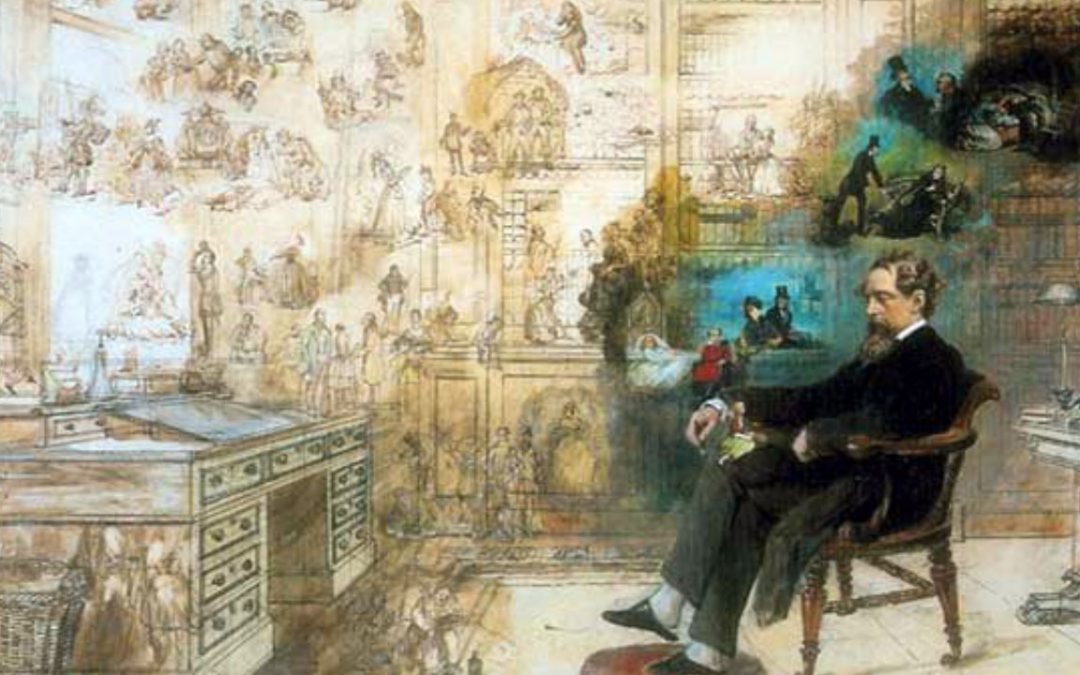Who were the greatest Victorian novelists? Like with all other eras, Victorian times were shaped by their great artists. It was sculptors and play writes who were given special status, just like how reality tv stars are today. Perhaps future people will judge us by the Kardashian family in the same way we judge the Victorians by Charles Dickens. Speaking of Dickens, many of the greatest writers of novels lived and died during the reign of Queen Victoria. You not know their names, but be familiar with the names of their characters. Few people have never heard of Sherlock Holmes or Oliver Twist. In this article we look at the ten greatest (in my opinion) Victorian novelists.

Arthur Conan Doyle
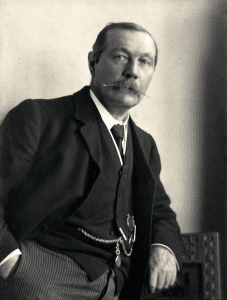
Arthur Conan Doyle was the mind behind Sherlock Holmes, transforming the crime fiction genre one story at a time. He also wrote “The Lost World” – a novel about a scientific expedition to a previously unexplored are of the Amazon rain forest. After arriving in this mysterious land they encounter dinosaurs which miraculously hadn’t gone extinct, and a strange species of monstrous ape. It featured Professor Challenger as the main character. He was a university lecturer who went on all kinds of adventures after surviving his ordeal in “The Lost World”. Doyle was responsible for some of the most original stories in human history.

Ellen Wood
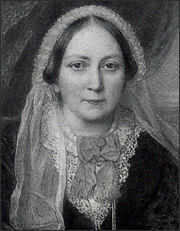
Ellen Wood was among the most successful writers of her age. She wrote 30 novels which earned her over 35 thousand pounds by the time of her death. She died in 1887 so you should understand 35 thousand was a big number for the time. It would have been almost impossible to make that kind of money if her novels had not been translated into foreign languages. Her most famous book is called “East Lynne”. It was about a woman who leaves her family to marry a new man. That man abandons her when she falls pregnant. After losing the baby, she returns home to find her first husband enjoying life with a new spouse. This emotionally tortures her for the rest of her life. It’s a very clever story.

Bram Stoker
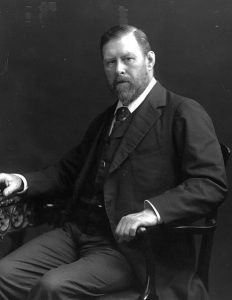
Abraham Stoker is the Irish writer who I, up until recently, thought was German. He wrote Dracula, and therefore created what we now recognize as Vampire fiction. Most people aren’t aware of his work as a well respected theater manager, or even a writer of other novels. I would recommend reading “The Lair of the White Worm” if you’re wanting more of Stoker’s deeply Gothic writing style. It’s about an Australian man who is summoned to England by his great-uncle. While there he encounters what seem like supernatural monsters. He only achieved great fame after he died, with several big film adaptions being made of Dracula.

George Eliot
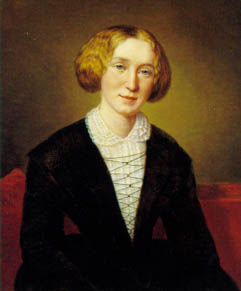
George Eliot was really a woman who chose a male pen name for herself. Still today this is a common tactic used by female authors to avoid discrimination. Her stories reflected the reality of life in rural England, depicting the effects urbanization have on small towns, or of the difficulties of local political disputes. That may make them sound dull, but some authors can make anything interesting; she was among these authors. In “Middlemarch” she tells the stories of many different characters who live in the same small town. Each of their individual tales tell us something different about human nature, and about rural life. It’s been called the greatest novel of all time.

Robert Louis Stevenson
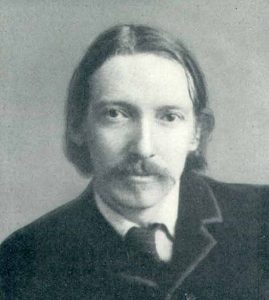
Robert Louis Stevenson was the Scottish writer responsible for Treasure Island, Dr Jekyll and Mr Hyde, and several other classics. He was a classic-story-writing machine. His stories were rich in creativity, which is why we today consider him a true genius. Treasure Island introduced several motifs to pirate stories – like the black spot and the idea parrots rest on pirate’s shoulders. His early writings show him as slightly Bohemian who loved to travel. It’s thought these experiences helped him write descriptively within several different genres. My favorite work of his is a collection of short stories called “New Arabian Nights”. All featured stories took place within Europe; the name was just a reference to “One Thousand and One Nights”.

William Morris
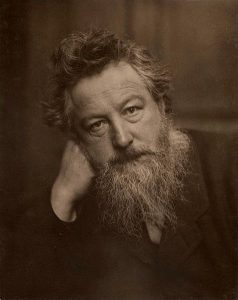
William Morris was a socialist activist who used his writing skill to promote his cause. Laced within many of his novels can clearly be found Socialist messages. In “News From Nohere” he tells of a fictional socialist Utopia where all live happy and free – where all resources are shared and land commonly owned. There is no private property or currency or legal enforcement at all. And the society works fine without it. Because the actual fictional story within the novel was so good, he’s credited with helping to launch the socialist movement within Britain. He’s remembered as one of the greatest Victorian novelists not only for his propaganda, but also for his great fantasy stories.

Elizabeth Gaskell
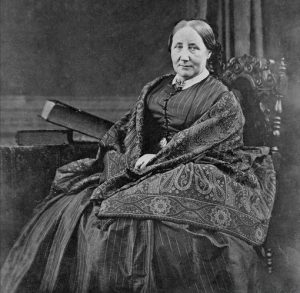
Elizabeth Gaskell’s novels are well received by almost anyone with an interest in 19th century life. They paint a detailed picture of what society was like in those days while still providing entertaining stories. She was accomplished in writing novels, novellas, short stories, and poems also – so it’s fair to say she made good use for her talent. She was most famous for writing ghost stories. But I think her best work focused more on the lives of ‘ordinary people’, just like so many other Victorian novelists. She drew on her own life experiences, growing up in a small rural town, and going on to live in large industrial cities.

Lewis Carroll
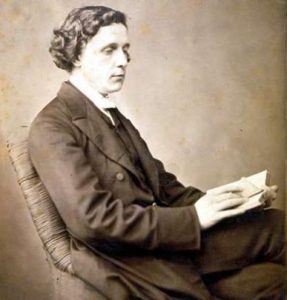
Lewis Carroll was a bit of a maniac, which you’d expect from the man who gave us Alice in Wonderland. Although he is said to have been incredibly high while writing it. One of his most famous works is called “Jabberwocky”. It’s a poem Alice discovered in the second book, and it’s probably the greatest example of literary nonsense, which means only some of it makes any sense, with the rest being complete nonsense. People have been studying Jabberwocky for generations but it’s still hard to know what any of it means. Alice in wonderland is generally considered one of the most influential books ever written.

Joseph Conrad
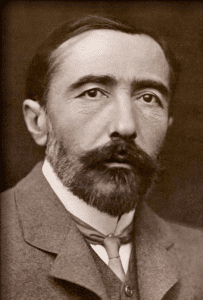
Józef Teodor Konrad Korzeniowski was a Polish-born British writer who went by the name Joseph Conrad for reasons we can all understand. His ability to write novels in English is pretty amazing considering he only learned the language as an adult. Among other classics he wrote Heart of Darkness, which is one of my favorite novella. It was about an expedition in the Congo, which was then part of the Belgian empire and under the personal ownership of the Belgian King. He was allowed to own the Congo as other world leaders believed he was improving living standards for native Congolese. But really he was taking advantage of the land and having atrocities committee against any natives who stood in his way. The book depicts this kind of thing with honesty, giving insight in a way only fictional stories can.

Charles Dickens
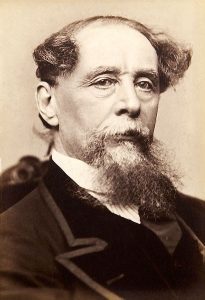
I don’t think I need to give much information on Charles Dickens, we all know why he’s the greatest of all Victorian novelists. He wrote Oliver Twist, Great Expectations, A Christmas Carol, A Tale Of Two Cities, Bleak House, and several other classics. His writing style made it easy to imagine yourself being in the stories yourself. That’s why the word “Dickensian” is now used to describe times like those described in his novels.

